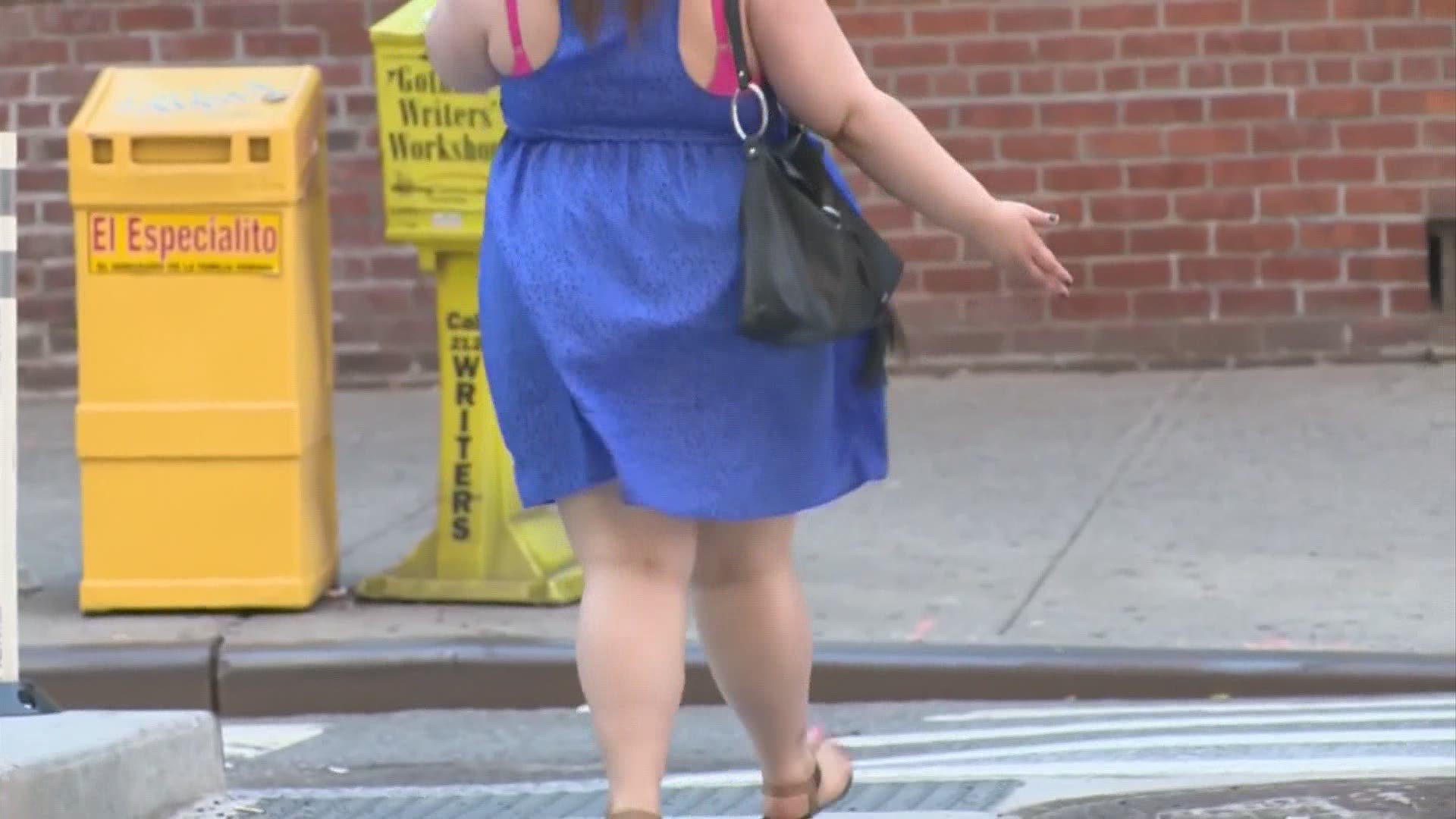Obesity worsens outcomes from COVID-19, according to the Centers for Disease Control. A new study out of Italy now says adults with excess body weight may respond differently to COVID-19 vaccines.
Researchers at Istituti Fisioterapici Ospitalieri (IFO) analyzed 248 healthcare workers one week following a second dose of the Pfizer-BioNTech vaccine and observed antibody changes based on age, gender, and body mass index. It found that participants at normal - or below normal - weight had a stronger immune response than obese participants.
Dr. Anup Kanodia is a Functional Medicine Specialist at KanodiaMD and a Doctor of Family Medicine at OhioHealth. Kanodia says this research shows the immune response to the vaccine is tied to weight and not pre-existing conditions such as heart disease, Type-2 diabetes, hypertension, kidney and liver disease.
“If someone is obese with no other medical problems, they have more inflammation in their body,” said Dr. Kanodia. “There are changes in their metabolism, they have changes in how they breathe. All those things do what? Affect the immune system. When you affect the immunes system the vaccine doesn’t work as well. When you affect the immune system, you can’t fight off COVID-19 as well.”
In August, Obesity Reviews published a study that found people with a BMI in the obesity range have a 113% higher risk for hospitalization, a 74% higher risk for ICU admission and a 48% higher risk of death with COVID-19.
A study in the Journal of Infection says people with a BMI of more than 30 were more likely to see moderate or severe reinfection of COVID-19 if they had already contracted the virus before.
Dr. Kanodia says there are ways to reduce your weight if you are unable to exercise at a gym, such as a full night’s rest.
“Number one place to lose weight is when you sleep at night. Get enough hours of sleep at night. If you don’t your weight goes up dramatically,” said Dr. Kanodia. “Number two is to cut the sugar, carbs, all of those things put weight on us.”
Changing your diet to anti-inflammatory foods or supplements or foods that support a healthy immune system.
“Sugar, alcohol and tobacco all lower the immune system,” said Kanodia. “Things that boost the immune system are high in colors. Blueberries, raspberries, some of the fruits raise the immune system. When you walk around the outside of the grocery store, not the middle of the grocery store, those things raise the immune system.”

